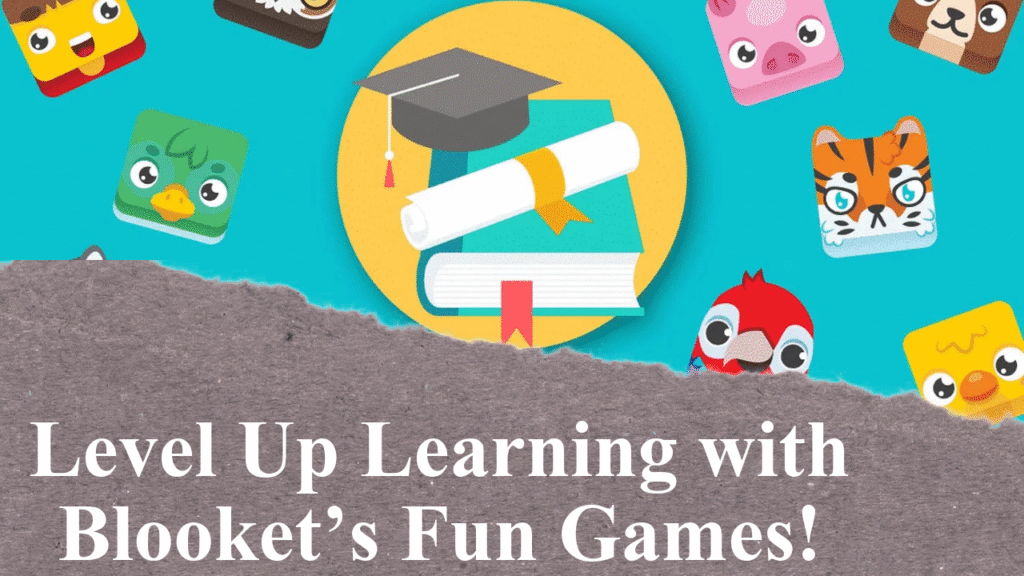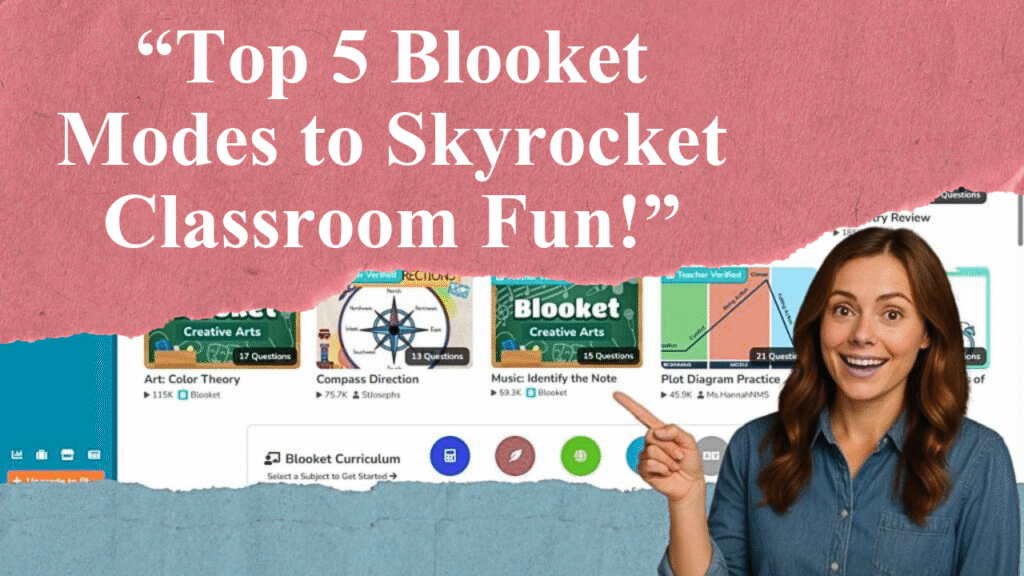What is the main language spoken in Argentina?
Blooket prioritizes student safety with robust privacy features, making it a trusted tool for classroom use. Its minimal data collection, encryption, and strict data-sharing policies protect users. Teachers can confidently use Blooket to engage students while adhering to privacy laws like COPPA. The platform’s transparency and security measures ensure a safe, interactive learning environment for K-12 students.
Blooket’s Commitment to Safe Classroom Engagement
Blooket, a gamified learning platform, has gained popularity in K-12 classrooms for its engaging quiz-based games that make learning fun. However, with the increasing use of digital tools in education, concerns about student data privacy and safety are paramount. Blooket addresses these concerns through a comprehensive set of privacy features designed to protect students and educators while fostering an interactive learning environment.
Minimal Data Collection for Students
One of Blooket’s core strengths is its commitment to collecting minimal personal information from students. For students participating in games, only a username is required, which does not need to include personally identifiable information (PII) like full names or email addresses. Teachers and schools are advised to guide students, especially those under 13, to use non-identifiable nicknames to comply with the Children’s Online Privacy Protection Act (COPPA). This approach significantly reduces the risk of exposing sensitive student information. For educators or users opting for a subscription, Blooket collects limited details such as email addresses and, for paid accounts, payment information, ensuring only essential data is gathered to operate the service.
Data Encryption for Security
Blooket employs robust encryption protocols to safeguard user data both at rest and in transit. This means that any information entered into the platform, whether stored on Blooket’s servers or transmitted over the internet, is protected using industry-standard encryption methods. This is particularly critical in educational settings where data breaches could compromise student or teacher information. Blooket’s commitment to encryption ensures that even in the unlikely event of unauthorized access, the data remains unreadable and secure. Additionally, Blooket notifies users in the event of a data security breach, maintaining transparency and trust.
No Data Selling or Renting
A standout feature of Blooket’s privacy policy is its explicit stance against selling or renting personal information to third parties. Unlike some platforms that monetize user data, Blooket remains ad-free and does not use personal information for marketing or advertising purposes. Data sharing is limited to third-party service providers like Amazon Web Services, Google Services, and Stripe, which are used for essential functions such as email delivery, database management, and payment processing. These providers are contractually obligated to adhere to strict data protection standards, ensuring that student and teacher information is not misused.
Compliance with Educational Privacy Laws
Blooket is designed with compliance to educational privacy regulations, such as COPPA, in mind. For students under 13, the platform recommends that they use Blooket under school or parental supervision, avoiding the creation of individual accounts. Teachers are responsible for ensuring that students adhere to these guidelines, and Blooket provides resources to help educators understand and implement its privacy policies. For example, Blooket’s terms of service require that only current school employees access the platform on behalf of an institution, and upon termination, they must cease using and return all login details to prevent unauthorized access. This ensures that student data remains secure even as personnel changes occur.
Teacher Responsibility and Classroom Safety
While Blooket provides robust privacy features, it emphasizes the role of teachers in maintaining a safe environment. When Blooket is projected in a classroom via a smartboard, usernames, responses, or scores may be visible to other students. To mitigate privacy risks, Blooket advises educators to use the platform responsibly and avoid compromising students’ personal information. For instance, teachers should ensure that displayed content does not reveal sensitive details and should monitor student interactions during gameplay to prevent inappropriate behavior. Blooket’s terms explicitly state that it is not liable for misuse by educational institutions or teachers, placing responsibility on educators to follow best practices.
Data Retention and Deletion Policies
Blooket retains personal information only as long as necessary to provide its services, in accordance with its Data Retention Policy. Once an account is deleted, most personal data is removed, though de-identified data may be retained for research or platform improvement purposes. Backup copies of certain data may be kept for up to 18 months to comply with legal obligations or prevent abuse, but these are stripped of identifiable information. Users can access, update, or delete their personal information by logging into their Blooket account, giving them control over their data. This transparency aligns with privacy best practices and empowers users to manage their information effectively.
Monitoring and Moderation Gaps
While Blooket offers strong privacy protections, its privacy policy does not explicitly address whether interactions between users, such as teacher-student messaging, are moderated. This lack of clarity could be a concern in ensuring appropriate communication, particularly in a classroom setting with young learners. Teachers are advised to monitor student accounts for unusual activity and educate students about online safety to complement Blooket’s security measures. Additionally, third-party tracking technologies may collect data, such as IP addresses, when users access Blooket, but the purpose of this collection is not fully detailed in the policy, which could raise questions about transparency.
Best Practices for Safe Use
To maximize safety, Blooket recommends several best practices for educators. Teachers should undergo training on the platform’s privacy and security features to ensure proper use. They should also enforce age-appropriate guidelines, such as preventing students under 13 from creating accounts, and promote the use of strong, unique passwords for teacher accounts. Regular updates to the platform and open communication between teachers, students, and parents about privacy concerns further enhance safety. If issues arise, Blooket provides a support channel at contact-us@blooket.com for reporting security concerns or suspicious activity.
Enhancing Engagement with Safety in Mind
Blooket’s game-based approach, with modes like Tower Defense and Battle Royale, keeps students engaged while reinforcing educational content. The platform’s dashboard allows teachers to track performance in real-time, providing valuable insights into student progress without compromising privacy. By combining engagement with robust security measures, Blooket creates a safe and effective learning environment that educators can trust. Its versatility for in-class, remote, or hybrid learning makes it a valuable tool, provided teachers follow its privacy guidelines diligently.
Disclaimer: This article is based on recent information from Blooket’s official privacy policy, terms of service, and reputable educational technology sources. It is not a substitute for legal advice or professional consultation. Educators and parents should review Blooket’s policies and applicable privacy laws before use.
[qwam_quiz_box]




